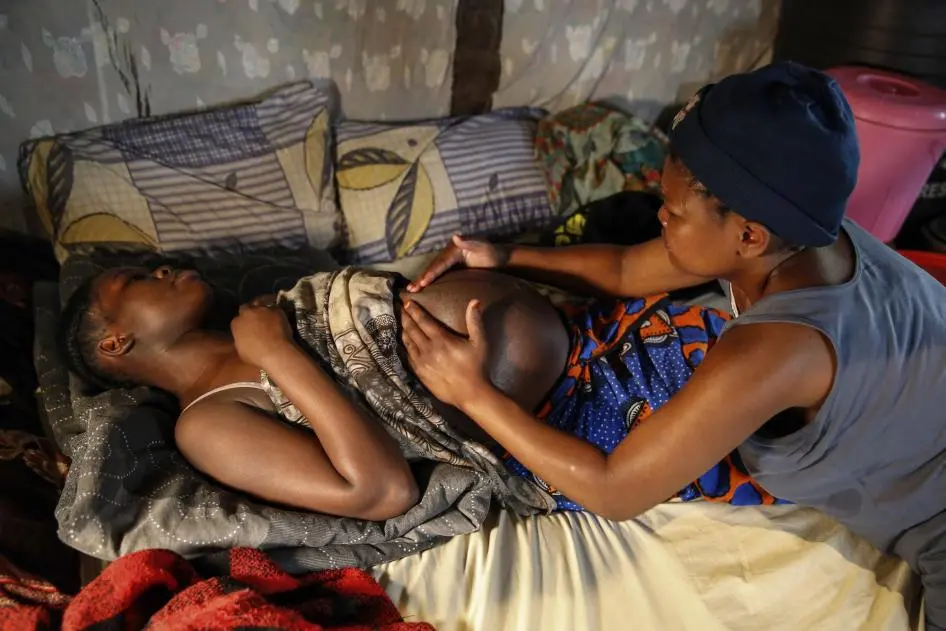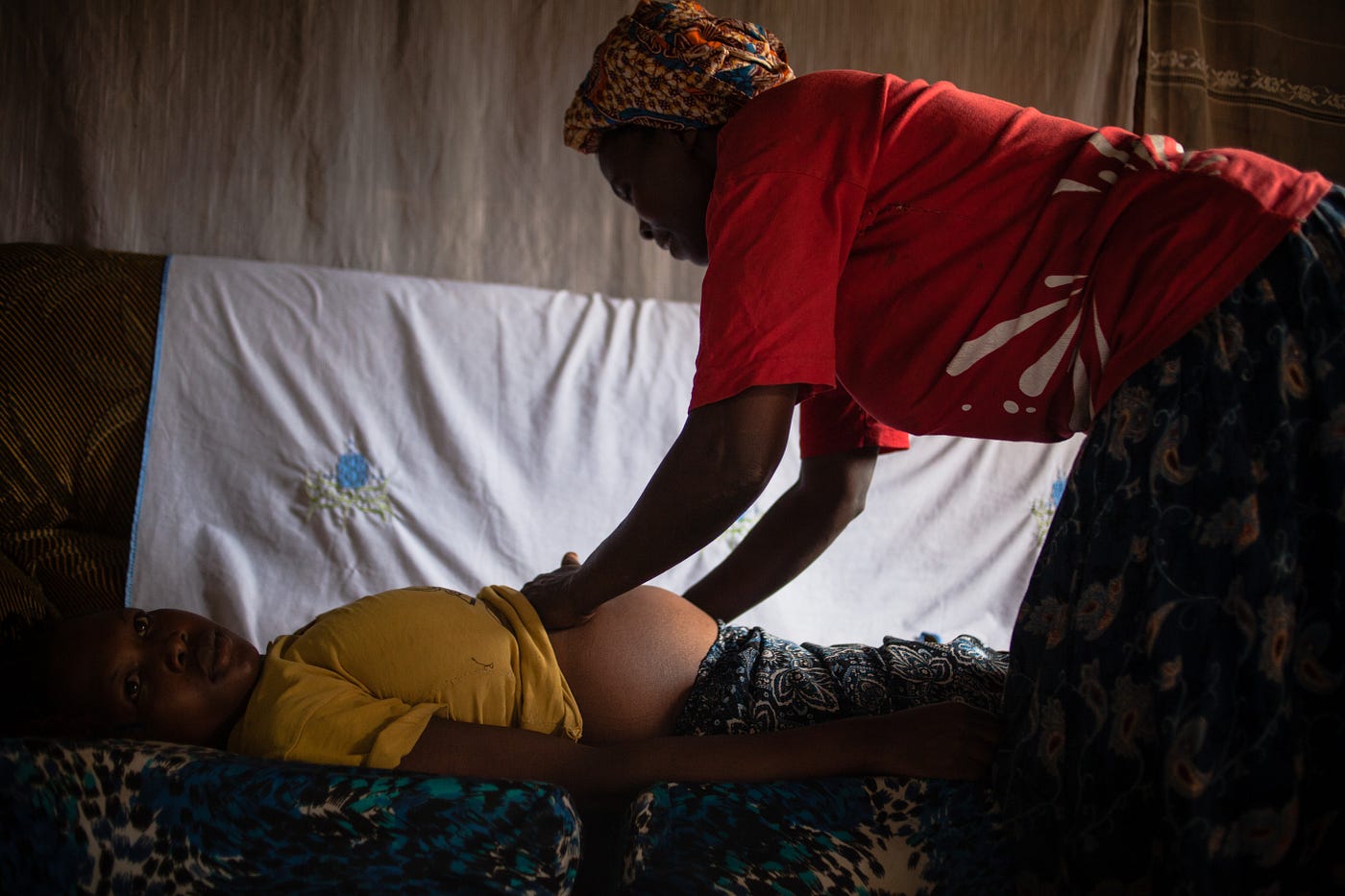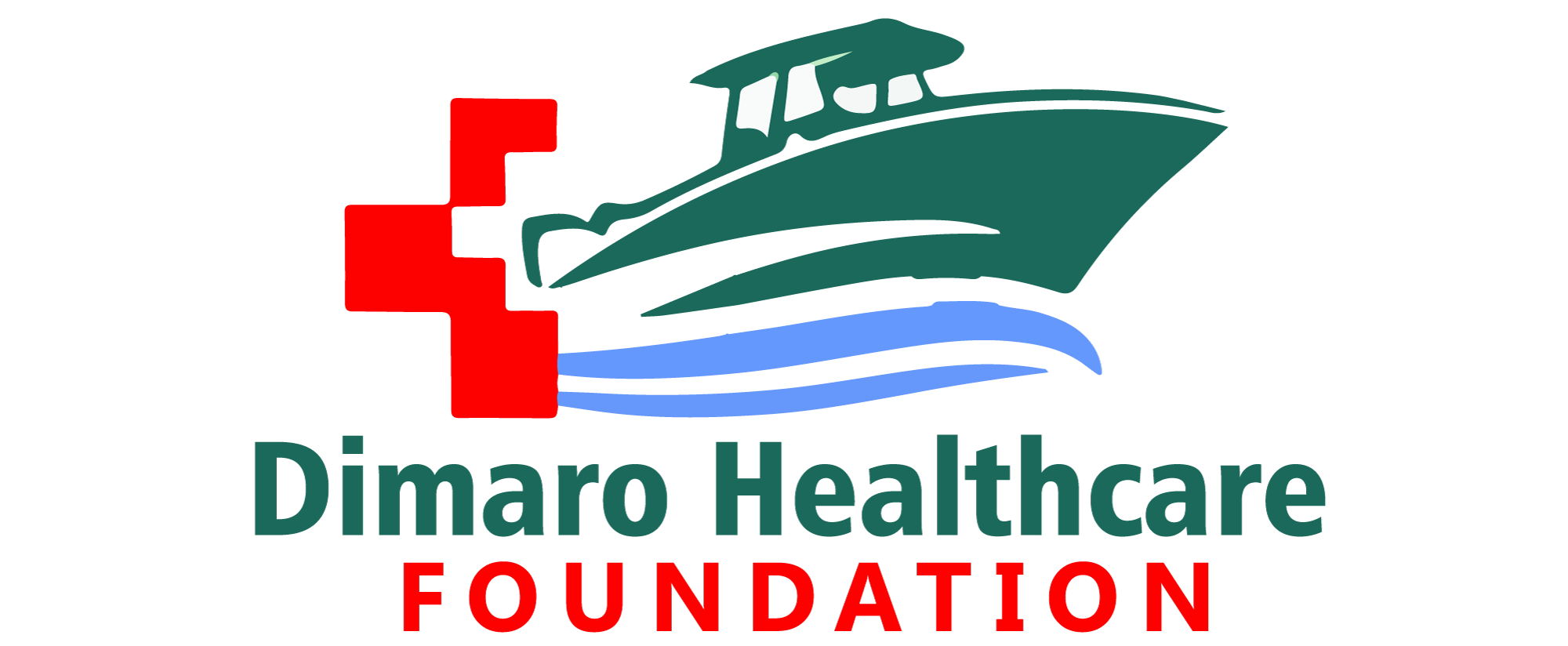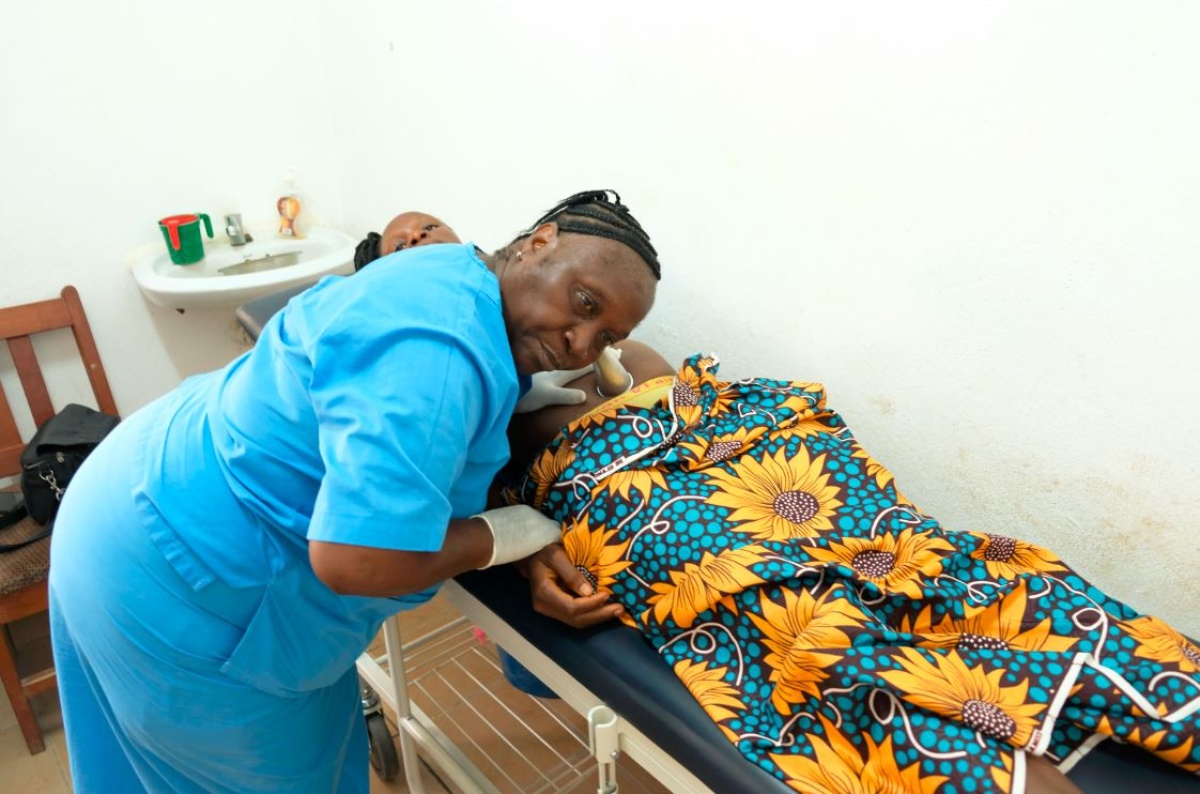Maternal health is one of the strongest indicators of a nation’s overall healthcare system. Yet in many parts of Africa, women continue to face life-threatening risks during pregnancy and childbirth. Complications that could be prevented with timely medical care often become fatal due to limited access to skilled healthcare workers, inadequate facilities, and weak emergency systems.
The Reality on the Ground
For millions of women in sub-Saharan Africa, pregnancy is not just a time of hope and joy—it is also a period of heightened vulnerability. According to the World Health Organization (WHO), sub-Saharan Africa accounts for the majority of global maternal deaths. The leading causes—such as severe bleeding, infections, high blood pressure, and obstructed labor—are largely preventable with proper medical intervention.
Unfortunately, many women give birth at home or in under-resourced centers without trained medical personnel. Poor transportation infrastructure means that reaching a hospital during an emergency can take hours, sometimes days, with devastating consequences. Cultural barriers and financial constraints further discourage women from seeking early antenatal care.
Progress and Hope
Despite these challenges, remarkable progress has been made. Initiatives across Africa have focused on:
- Training and deploying midwives to provide skilled care during delivery.
- Expanding antenatal services to ensure early detection of complications.
- Mobile health clinics, bringing care closer to women in remote communities.
- Awareness campaigns, encouraging families to prioritize maternal and newborn health.
These efforts have contributed to a decline in maternal mortality rates in several countries, proving that change is possible when communities, governments, and partners work together.
Why Maternal Health Matters for All
Safe deliveries are more than a medical issue—they are also a social and economic concern. A mother’s death can destabilize entire families, leaving children vulnerable and reducing household income. On a national level, high maternal mortality rates weaken the workforce and slow down economic growth. Ensuring maternal health means safeguarding the wellbeing of families and securing the continent’s future development.
A Holistic Path Forward
For lasting change, maternal health must be addressed holistically:
- Investment in health infrastructure: building well-equipped hospitals and clinics in rural and underserved areas.
- Stronger referral and emergency systems: ensuring quick transfers when complications arise.
- Education and empowerment: promoting antenatal care, family planning, and women’s decision-making power in healthcare.
- Community health workers: acting as trusted local advocates and bridging the gap between medical facilities and families.


Conclusion
Every woman deserves the right to a safe pregnancy and delivery. Improving maternal health in Africa is not only a moral obligation but also an investment in the continent’s future. By combining infrastructure development, education, and community-driven initiatives, Africa can move closer to a world where no woman dies giving life.





